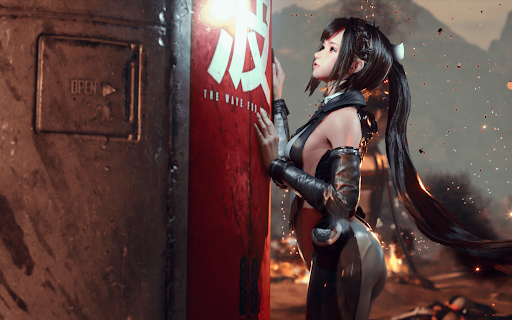Over the last couple of weeks there has been an ongoing discussion regarding one upcoming PlayStation 5 game. Project Eve, it’s called, and it goes pretty heavy on the fan service.
There has been some criticism on this, but one of the more interesting pieces of criticism that keeps popping up is this idea that the game will “alienate consumers,” as though that’s a bad thing. Is it, though? Does a game really need to appeal to every single consumer?
That’s the point of this video – to explore the idea that game developers and artists aren’t able to choose the audience that they wish to appeal to.
Matt S.
Editor-in-Chief
Find me on Twitter: @mattsainsb








Fictional objectification is fine. I’ll say it again: fictional objectification is fine.
Consider: the screeching female teenage Twitter activists and soccer moms are the same women who drooled over Edward Cullen and Robert Pattinson’s abs in Twilight. And that is fine.
You know what is not fine? Trying to erase the presence of fictional pretty women in media that you don’t consume, simply because their mere existance offends you and makes you feel fat and ugly.
These ladies love to hide their bitterness and poor self image behind moral grandstanding. While the late millenials and zoomers seem content to guzzle their virtue-signaling Koolaid, the rest of us roll our eyes and get on with our lives, hoping that everyone will grow out of it in a few years.